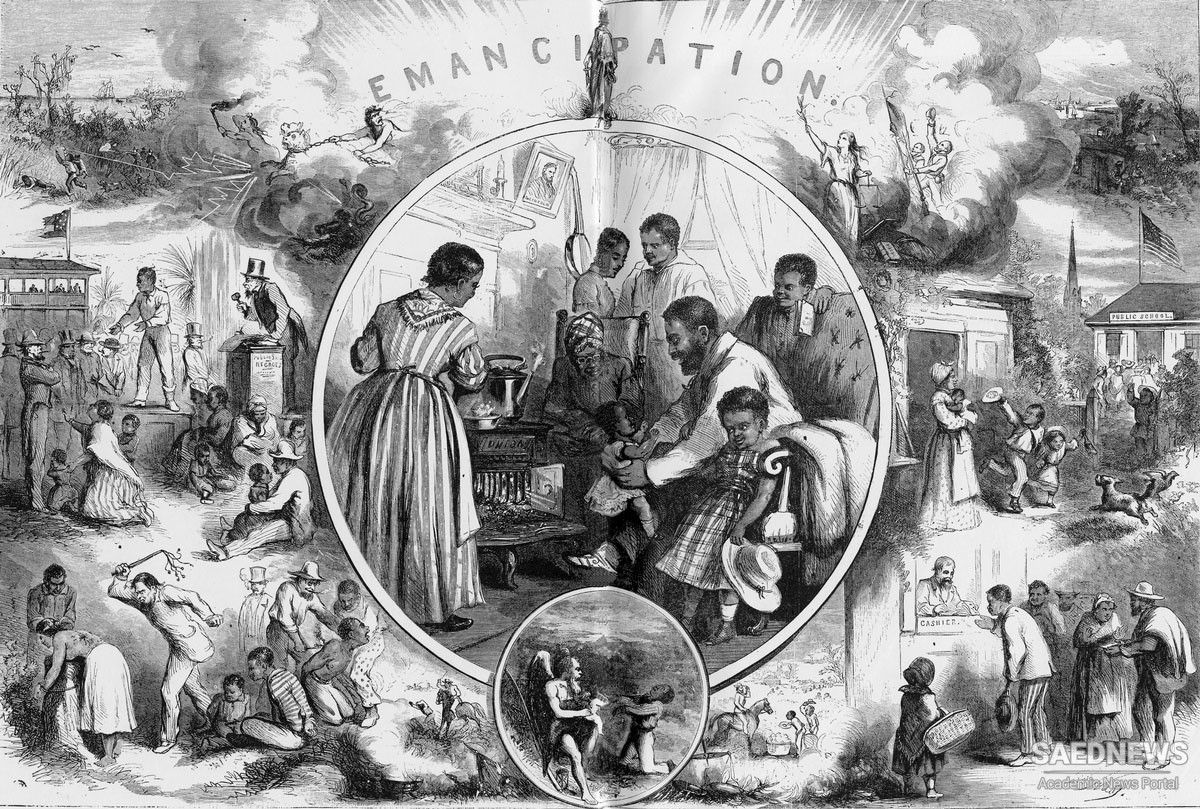The script for schism was enacted on a wider scale at the annual meeting of the parent society in mid-May 1840. Garrison was well prepared for the showdown with the New York abolitionists, even though the site was New York itself. Garrison had made travel arrangements for over four hundred followers, hiring boats and extra trains, a step which enabled him to transport his Negro supporters with a minimum of jimcrow, thus ensuring their attendance.
At the meeting, held at the Fourth Free Church, the issue quickly came to a head. Abby Kelley, a staunch Garrisonian, was appointed on the business committee, and the crucial vote was taken as to whether she should be confirmed. The vote of 557 to 451 was in her favor. Thereupon three members of the business committee withdrew their names on the grounds that to place a woman on the committee was "throwing a firebrand into the antislavery ranks." Three days later the seceding delegates held a meeting at the Fourth Presbyterian Church and brought into existence a new wing, the American and Foreign Anti-Slavery Society. Its roster of founders numbered 294, of which 110 came from New York State, including 62 from the New York City itself. Now, after seven years, no one organization could purport to speak for all abolitiondom. "The professed abolitionists were busy abolishing antislavery," wrote Abby Kelley, herself the symbol of the split.
The results of the rift were immediately reflected in Negro circles, bringing about a similar parting of the ways. The opening scene, fittingly enough, was furnished by Garrison. On May 18, with the meetings just over, the Negroes of New York held a bon voyage meeting for Garrison, due to embark for London to attend an international antislavery conference. The Negroes and some whites packed Theodore S. Wright's First Presbyterian Church. Following Garrison's speech, which was largely his version of the breach in the abolitionist ranks, one of his supporters, Thomas Van Rensselaer, proposed that Garrison and the other delegates chosen by the American Anti-Slavery Society be approved. But there was quick opposition to this resolution, substantially on the ground that it omitted the delegates appointed by the newly organized national society, one of whom was Samuel E. Cornish.
The issue had come to a head. It was, as S. H. Gloucester phrased it, "a solemn crisis for the people of color." It was the Negro phase of the battle between old organization versus new organization. The surcharged meeting adjourned by passing no resolution at all, Garrison having made it clear that he would not have his name linked with those from the new organization. Charles B. Ray, a key figure at the meeting, wrote to Birney explaining the somewhat changed attitude of New York Negro toward the highly revered Bostonian: "If the colored people of this City, or any section of this country, do manifest less warmth of feeling, than formerly toward Mr. Garrison it is in part owing to our friends having multiplied . . . and as a necessary consequence our good feeling is scattered upon all, instead of being concentrated upon one, as when Mr. Garrison stood alone."


 Key Lessons of the Rules of Apology in Persia
Key Lessons of the Rules of Apology in Persia














































